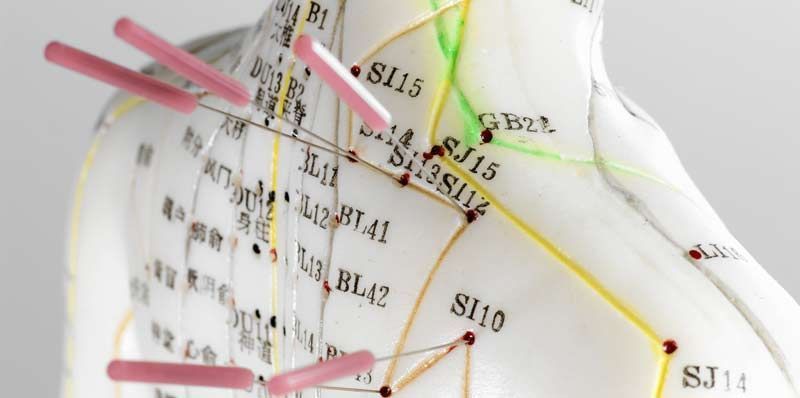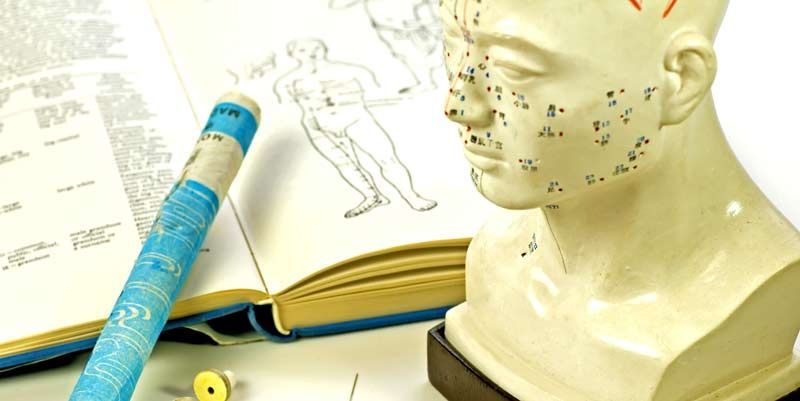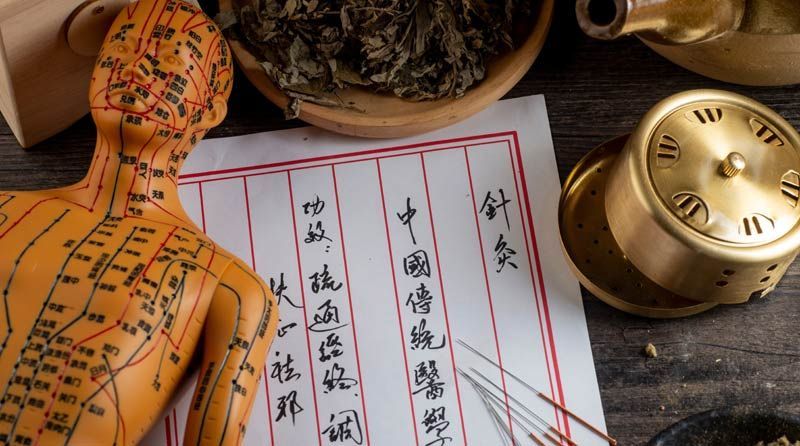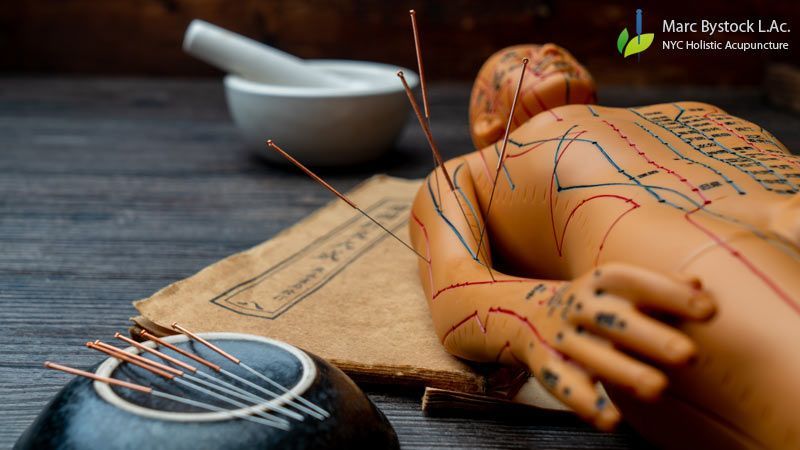The Science Behind Acupuncture: What Research Says

The Science of Acupuncture: Unveiling Its Benefits for Health and Healing
Acupuncture, a key component of Traditional Chinese Medicine (TCM), has been practiced for thousands of years, utilizing the insertion of fine needles into specific points on the body to stimulate and balance the flow of Qi, or life energy. While acupuncture has deep roots in ancient medical practices, modern scientific research has increasingly sought to explore its efficacy and mechanisms. In this blog post, we will summarize recent studies and clinical trials that provide compelling evidence for the effectiveness of acupuncture in treating a range of conditions, from chronic pain to mental health disorders.
Understanding the Mechanisms of Acupuncture
Recent research has made significant strides in uncovering the biological mechanisms behind acupuncture's effects. One widely accepted theory is that acupuncture stimulates the central nervous system. This stimulation promotes the release of neurotransmitters such as endorphins and serotonin, which can help alleviate pain and improve mood. Additionally, acupuncture may reduce the perception of pain by activating the body's natural pain control mechanisms. A study published in the journal Neuroscience Letters found that acupuncture at specific points increased the levels of endorphins, providing biochemical support for its use in pain management.
Acupuncture for Chronic Pain
Chronic pain is one of the most common reasons people turn to acupuncture. A comprehensive meta-analysis published in the Archives of Internal Medicine reviewed data from numerous randomized controlled trials (RCTs) involving acupuncture for chronic pain conditions, including knee osteoarthritis, migraines, and lower back pain. The findings indicated that acupuncture can effectively reduce pain and improve functionality in individuals suffering from these conditions. The results demonstrated that patients receiving acupuncture experienced greater pain relief compared to those receiving standard care alone or sham acupuncture treatments.
Acupuncture and Headaches
Recent research has also highlighted the effectiveness of acupuncture for treating headaches, particularly migraines and tension-type headaches. A systematic review in the Cochrane Database of Systematic Reviews analyzed various studies investigating acupuncture for migraine prophylaxis. The review concluded that acupuncture is a safe and effective intervention, reducing the frequency and intensity of migraine attacks. Similarly, a study published in Headache: The Journal of Head and Face Pain found that patients receiving acupuncture reported fewer headache days and less severe headache intensity compared to those in control groups.
Acupuncture for Mental Health Disorders
Mental health disorders, including anxiety and depression, have also been the subject of extensive research regarding acupuncture's efficacy. A meta-analysis in the journal JAMA Psychiatry found that acupuncture can significantly reduce symptoms of anxiety and depression. Participants receiving acupuncture showed improvements comparable to those receiving conventional treatments such as psychotherapy or medication. The authors noted that acupuncture might provide a valuable adjunctive therapy for individuals seeking holistic approaches to managing their mental health.
Addressing Insomnia with Acupuncture
In an age where sleep disturbances are increasingly common, acupuncture has emerged as a potential remedy for insomnia. A systematic review published in Sleep Medicine Reviews examined multiple RCTs assessing the impact of acupuncture on sleep quality. The review found that acupuncture can improve sleep duration and overall sleep quality, particularly in individuals with insomnia. The study emphasized that acupuncture appears to address the physiological and psychological factors contributing to sleep disturbances, making it a promising option for individuals seeking non-pharmacological treatments.
Acupuncture in Cancer Care
The integration of acupuncture in cancer care has gained widespread interest in recent years. Many cancer patients experience symptoms such as pain, nausea, and fatigue due to their illness or treatment side effects. A review published in the journal Supportive Care in Cancer highlighted the benefits of acupuncture for alleviating chemotherapy-induced nausea and vomiting. The analysis demonstrated that acupuncture significantly reduces the severity and incidence of these side effects. Additionally, acupuncture has shown promise in managing cancer-related pain, contributing to the overall quality of life for patients undergoing cancer treatment.
The Role of Acupuncture in Allergies
Acupuncture is also being explored as a treatment for allergic conditions, such as allergic rhinitis. A meta-analysis in the journal Allergy investigated the effectiveness of acupuncture for treating seasonal allergies. The review found that acupuncture significantly reduced symptoms such as sneezing and nasal congestion, leading to improved quality of life for individuals affected by allergies. The authors suggested that acupuncture may enhance the immune response, providing a natural alternative to conventional allergy treatments such as antihistamines.
Acupuncture's Effects on Digestive Disorders
Recent studies have indicated that acupuncture can benefit individuals suffering from gastrointestinal disorders, including irritable bowel syndrome (IBS) and constipation. A systematic review published in the journal Alimentary Pharmacology & Therapeutics analyzed various studies examining the effects of acupuncture on IBS. The findings suggested that acupuncture provides significant relief from abdominal pain, bloating, and other IBS-related symptoms. Moreover, another study highlighted the positive impact of acupuncture on constipation, showing that it can effectively improve bowel movement frequency and consistency in patients suffering from this condition.
The Importance of Quality Research
As the body of research on acupuncture continues to grow, it is essential for studies to adhere to rigorous scientific standards, including adequate sample sizes, randomized controlled designs, and proper blinding. Many recent studies have bolstered the credibility of acupuncture as an evidence-based treatment by employing these methodologies. However, researchers continue to grapple with challenges such as placebo effects and the need to identify which acupuncture points work best for specific conditions. Furthermore, the subjective nature of pain and other symptoms presents hurdles in quantifying results.
Future Directions in Acupuncture Research
Looking ahead, the future of acupuncture research holds great promise as scientists and healthcare practitioners explore further applications, mechanisms, and treatment strategies. Enhancing the understanding of acupuncture through modern imaging techniques and biomarker analysis can help clarify how acupuncture influences physiological pathways. Long-term studies are also essential to assess the lasting effects of acupuncture and its role in chronic disease management. As research evolves, the potential for acupuncture to be integrated with mainstream healthcare will likely expand, offering patients a holistic approach to wellness.
Conclusion
The science behind acupuncture continues to garner interest and respect within the medical community as research increasingly supports its efficacy in treating various conditions. From chronic pain and headaches to mental health disorders and digestive issues, accumulating evidence suggests that acupuncture can play a vital role in promoting health and enhancing quality of life. As patients seek effective and holistic treatment options, acupuncture presents a promising avenue for addressing the complexities of health in an integrative manner. By combining the wisdom of ancient practices with the rigor of modern science, acupuncture stands at the forefront of a new era in healthcare.
References
1. Vickers, A. J., Vertosick, E. A., Lewith, G. T., MacPherson, H., & Horneber, M. (2018). Acupuncture for Chronic Pain: Update of an Individual Patient Data Meta-Analysis. The Journal of Pain, 19(5), 455-474.
2. Lee, J. H., Choi, T. Y., Lee, M. S., Shin, B. C., & Ernst, E. (2013). Acupuncture for Migraine: A Systematic Review. Cochrane Database of Systematic Reviews, 6, CD008277.
3. Smith, C. A., Coyle, M., & Crowther, C. A. (2011). Acupuncture or Acupressure for Women in Labour. Cochrane Database of Systematic Reviews, 2011(7), CD002962.
4. National Center for Complementary and Integrative Health. (n.d.). Acupuncture. Retrieved from nccih.nih.gov
5. U.S. National Library of Medicine. (n.d.). Complementary and Alternative Medicine. Retrieved from medlineplus.gov
6. World Health Organization. (2003). Traditional Medicine Strategy 2002-2005. Retrieved from who.int












